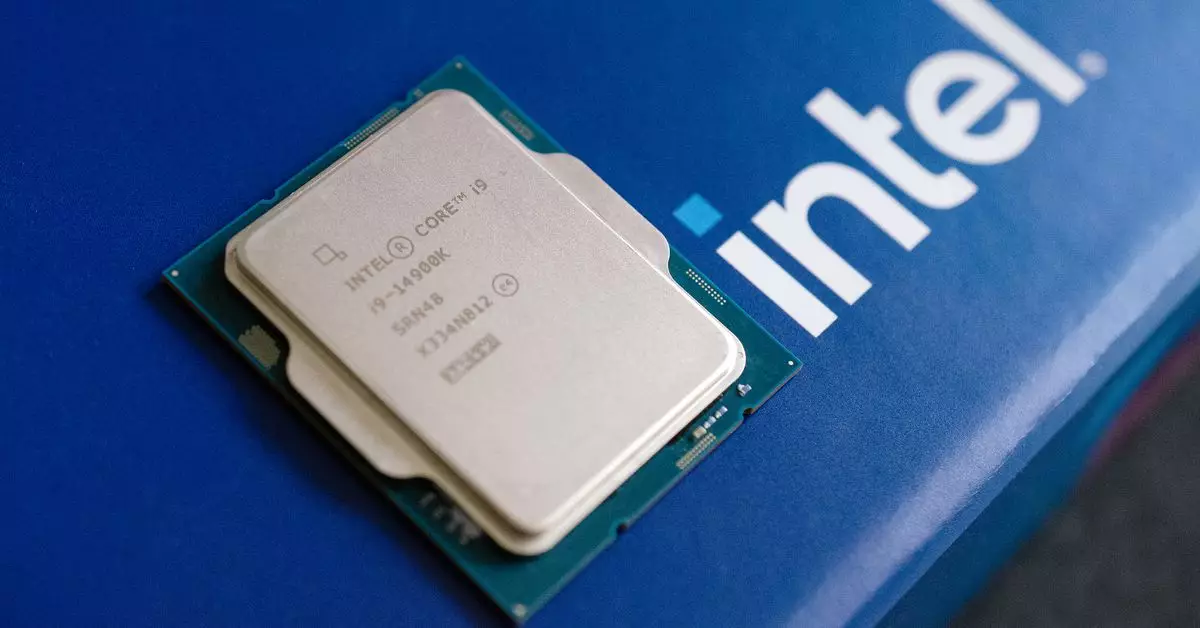In the fast-paced world of technology, one can never underestimate the importance of timely updates, particularly for crucial hardware like CPUs. Intel has recently made headlines with a critical announcement regarding its 13th and 14th Generation Raptor Lake processors. Users have reported alarming stability issues, with some processors experiencing catastrophic failures that can lead to permanent damage. This has sparked significant concern, prompting Intel to issue a microcode update aimed at mitigating these risks. However, it’s essential for PC enthusiasts and casual users alike to understand the implications of this update thoroughly.
The core issue revolves around the tendency of these Raptor Lake processors to draw excessive power, even when performing minor tasks or idling. Such power surges can contribute to premature aging of the microchips, leading to erratic behavior and eventual crashes. While the specifics of which chips are affected remain vague, Intel has acknowledged the problem and is pushing out an update denoted as version 0x12B to motherboard manufacturers. This microcode is designed to regulate power consumption more effectively, which can prevent damage in many cases.
Intel has lamented that users might have to wait several weeks for motherboard manufacturers to validate and release BIOS updates containing these fixes. For those who have already been affected, the waiting game can be disheartening. Earlier BIOS updates had already introduced interim microcode fixes, along with new power settings intended to further minimize the risks associated with voltage-related damage. However, if your processor is currently facing instability, the recommendation from Intel suggests bypassing BIOS updates completely and opting instead to seek a return under warranty.
The recurring issues with the Raptor Lake series raise troubling questions about Intel’s quality control and product integrity. Unfortunately, despite reaching out for clarification, the company has yet to provide concrete information regarding the extent of the problem or whether certain batches of chips have been disproportionately affected. Users are left in the dark, grappling with uncertainty about their hardware’s longevity and reliability. While Intel insists that laptop chips remain unaffected by these voltage problems, scattered reports indicating potential issues raise further skepticism.
As enthusiasts and professionals tinker with their setups, vigilance is crucial. Users are encouraged to stay updated with the latest news from Intel and their motherboard manufacturers regarding BIOS revisions and microcode updates. These developments are not simply technical details; they represent a lifeline for maintaining the longevity and performance of your desktop PC. With evolving technologies come inherent risks, and as consumers, it’s vital to navigate these waters carefully, ensuring that our systems can endure both today and into the future.


Leave a Reply
You must be logged in to post a comment.